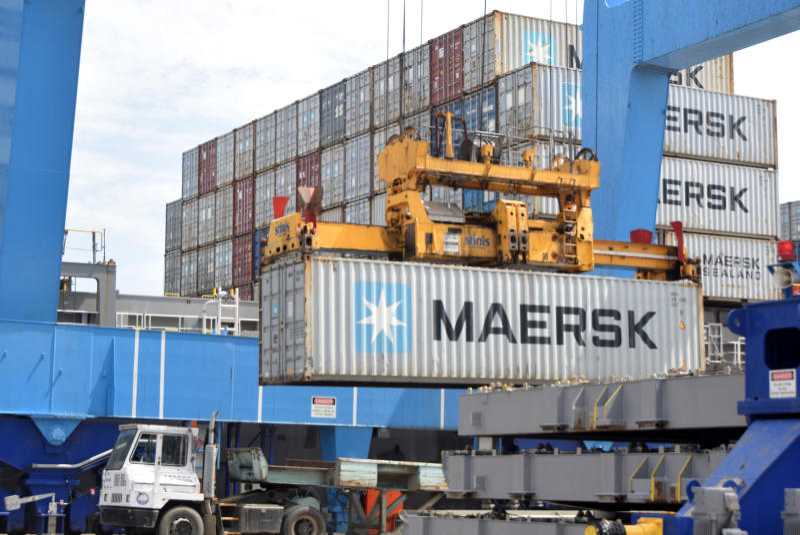×
The Standard e-Paper
Stay Informed, Even Offline

Off-loading some of the containers loaded with more than 55 thousand metric tonnes of rice at the port of Mombasa. [PHOTO [ GIDEON MAUNDU/STANDARD].
Detectives are at the port of Mombasa to investigate a tax evasion racket said to have cost the public Sh100 billion in just six months.